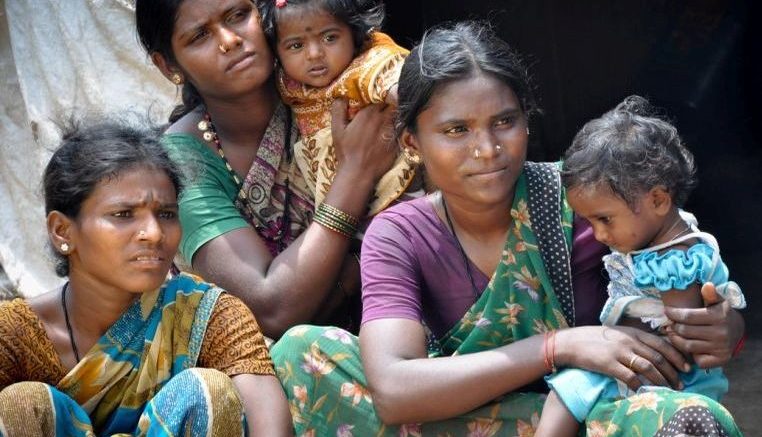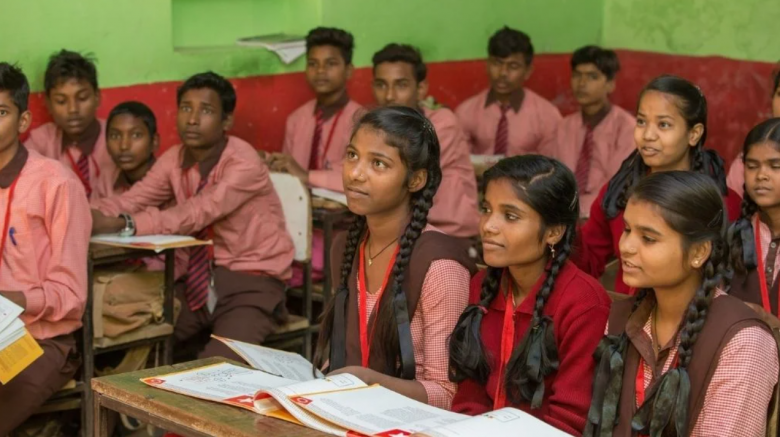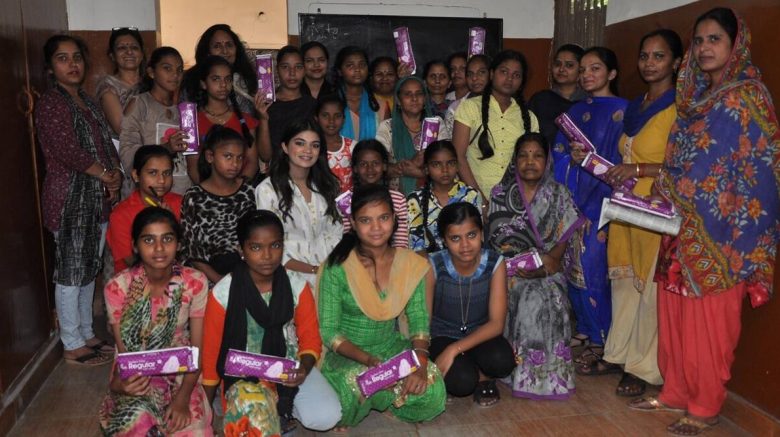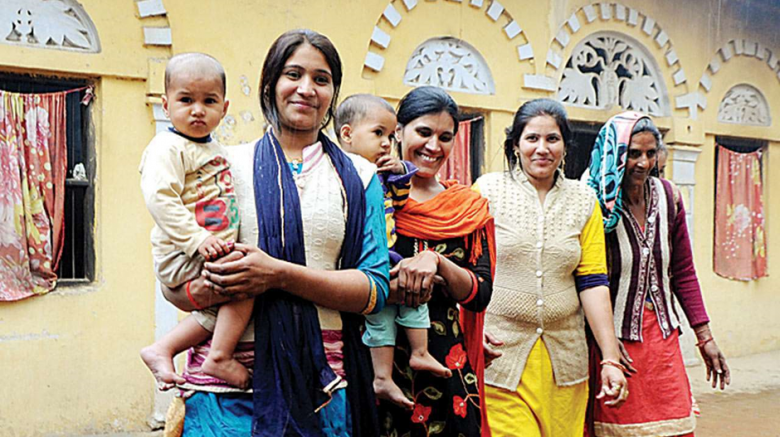In India, menstrual hygiene is one of the most critical health threats for women, and they have to undergo several struggles during their monthly period cycle. The National Family Health Survey (NFHS) of 2015-16 pointed out that only 121 million out of the total 336 menstruating population in India use sanitary napkins. Unhygienic practices during menstruation can increase a woman’s …
This Bangalore-Based Man Is Taking Menstrual Hygiene To Rural India.





